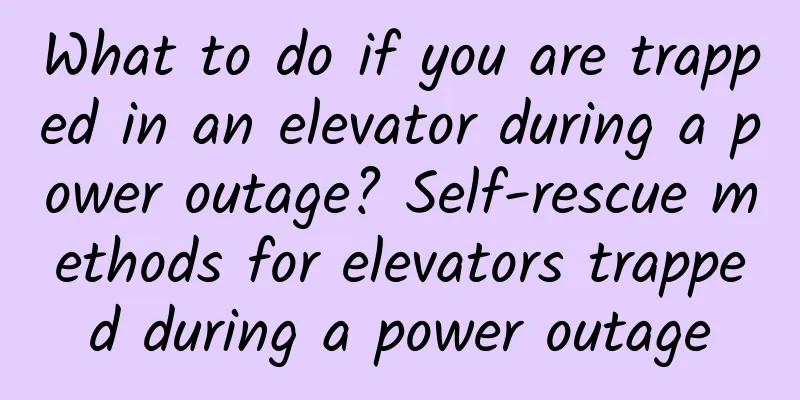What causes joint cracking in pregnant women?

|
Mothers often encounter some troubles and problems that need to be solved as soon as possible, such as physical discomfort or physiological changes, which need to be faced calmly, and the specific situation must be clarified before they can find ways to solve the problem. For example, the problem of joint noise is very common, which cannot be ignored. It is necessary to clarify one's own health status. So what is the reason for the joint noise of mothers? Joint clicking is a very normal phenomenon. This is because the sound is produced by the sliding of the tendon during activities. It is not the sound of the bones, nor is it due to any disease in the knee joint. However, if the clicking is accompanied by pain, you should be alert. Generally, joint popping can be divided into physiological and pathological types. Most joint popping is physiological, and while making the sound it will not cause discomfort to other parts of the body. It does not cause much harm to the body and does not require special treatment, nor is there any need to worry about it. However, some people experience discomfort such as soreness, swelling, etc. when their joints pop, which may indicate that there is a problem with the joints. Common clinical diseases include meniscus injury and patellofemoral osteoarthritis. This pathological clicking is more common in the knee, ankle, hip and shoulder joints. You can often hear people making a "cracking" sound when exercising, such as a sound in the knee joints when squatting, a slight "cracking" sound in the hip joints when walking, a sound in the cervical spine when turning the neck, and a sound in the fingers when clenching the fingers... These sounds are usually called "snapping". Generally speaking, if there is only a clicking sound but no redness or swelling on the surface, no pain, and no movement disorder, it is physiological clicking and does not require special treatment, nor is there any need to be overly anxious about it. When the joints move, friction and sound will always occur between the articular surfaces, between the cartilage pads and the articular surfaces, between the tendons and the joint capsules, etc. In most people, this sound is not obvious, but in some people it is clearer. Especially for those who sit for a long time, less lubricating fluid is produced between the joints, which increases the friction loss of the joints and makes it more likely to hear the popping sound. When accompanied by pain or limited joint movement, you need to go to the hospital to determine whether the joint is dislocated or damaged. Through the above introduction, everyone has a clear idea of what causes joint noises in postpartum women. Postpartum women must always pay attention to their own health and the development of their children. If they feel unwell, they should consult a doctor in time. At the same time, they should also take care of their bodies and recover as soon as possible. |
<<: What should I do if my mother's skin turns yellow?
>>: What can I use to reduce stretch marks?
Recommend
Why is my period delayed every month?
For normal women, menstruation comes every month,...
What are the Chinese patent medicines for nourishing the liver and kidneys for women?
Almost everyone has sub-health problems nowadays,...
What should I do if I have acne on my face recently?
With the development of society, people are under...
Lose! Hair! Can! Cure! See if you belong to this 90%, come and check your name...
The receding hairline, the piles of hair that I p...
How should women take care of themselves?
With the continuous development of caring actions...
What causes itchy blisters on feet?
We may not take good care of our feet in our dail...
What kind of menstrual disorders require medical attention?
What should I do if I don’t have my period? What ...
What to do if your eyes hurt after childbirth
Some female friends may have nothing to do during...
Does elevated transaminase necessarily mean hepatitis?
July 28, 2024 is the 14th "World Hepatitis D...
What causes large menstrual blood clots?
Although not every woman's menstrual situatio...
What should women do if they have uterine cold and infertility?
I believe that many female friends are distressed...
My vagina is a little itchy and painful, what's going on?
For most women, when problems arise in their priv...
Which type of lotus root is easier to cook? How to cook lotus root to make it easier to cook
We all know that lotus root is a popular food. It...
Can I eat mangosteen when I have my period?
Jackfruit is a relatively popular fruit with a sw...









